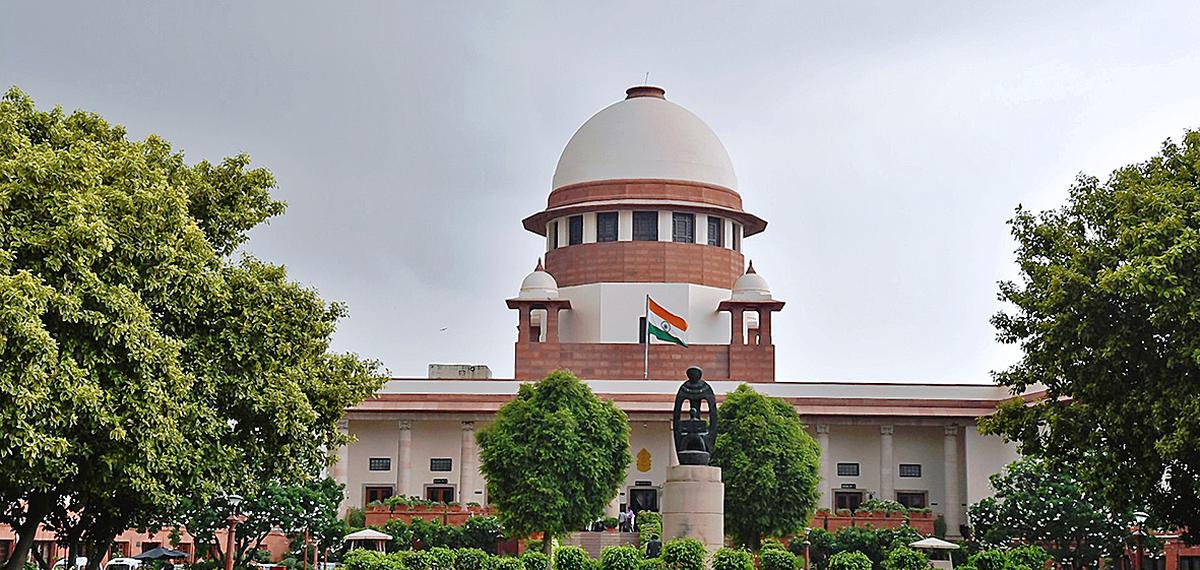
Supreme Court to pronounce EWS quota verdict on November 7
The Hindu
Petitions have challenged validity of 103rd Constitutional Amendment which provides 10% reservation to economically weaker sections of society
A five-judge Bench of the Supreme Court led by Chief Justice of India U.U. Lalit is scheduled to pronounce judgment on November 7 on the challenge to the validity of the 103rd Constitutional Amendment which provides 10% reservation in government jobs and educational institutions to the ‘economically weaker sections [EWS] of the society’ but excludes the ‘poorest of poor’ among Scheduled Castes, Scheduled Tribes and Other Backward Classes from its ambit.
The other judges on the Bench include Justices Dinesh Maheshwari, S. Ravindra Bhat, Bela M. Trivedi and J.B. Pardiwala.
November 7 is the last working day of Chief Justice Lalit.
The Constitution Bench had heard marathon arguments for seven days before reserving the case for judgment on September 27.
Some of the vital issues the judgment may address include whether the EWS quota violated the Basic Structure of the Constitution; whether the reservation was contrary to the equality code to treat all equally without discrimination; and more importantly if the reservation ate into the future prospects of merit-based candidates.
The government maintained that the 10% quota was not an addition to the 50% ceiling on reservation. It said the EWS quota was an “independent compartment”. The court had repeatedly asked the government during the hearing whether the EWS quota would take a piece of the pie from the 50% available non-reserved or open category who compete purely on the basis of merit. The court had also questioned the exclusion of backward classes from availing the quota.
The government has said it will increase seats by 25% in its institutions to accommodate the EWS quota.











